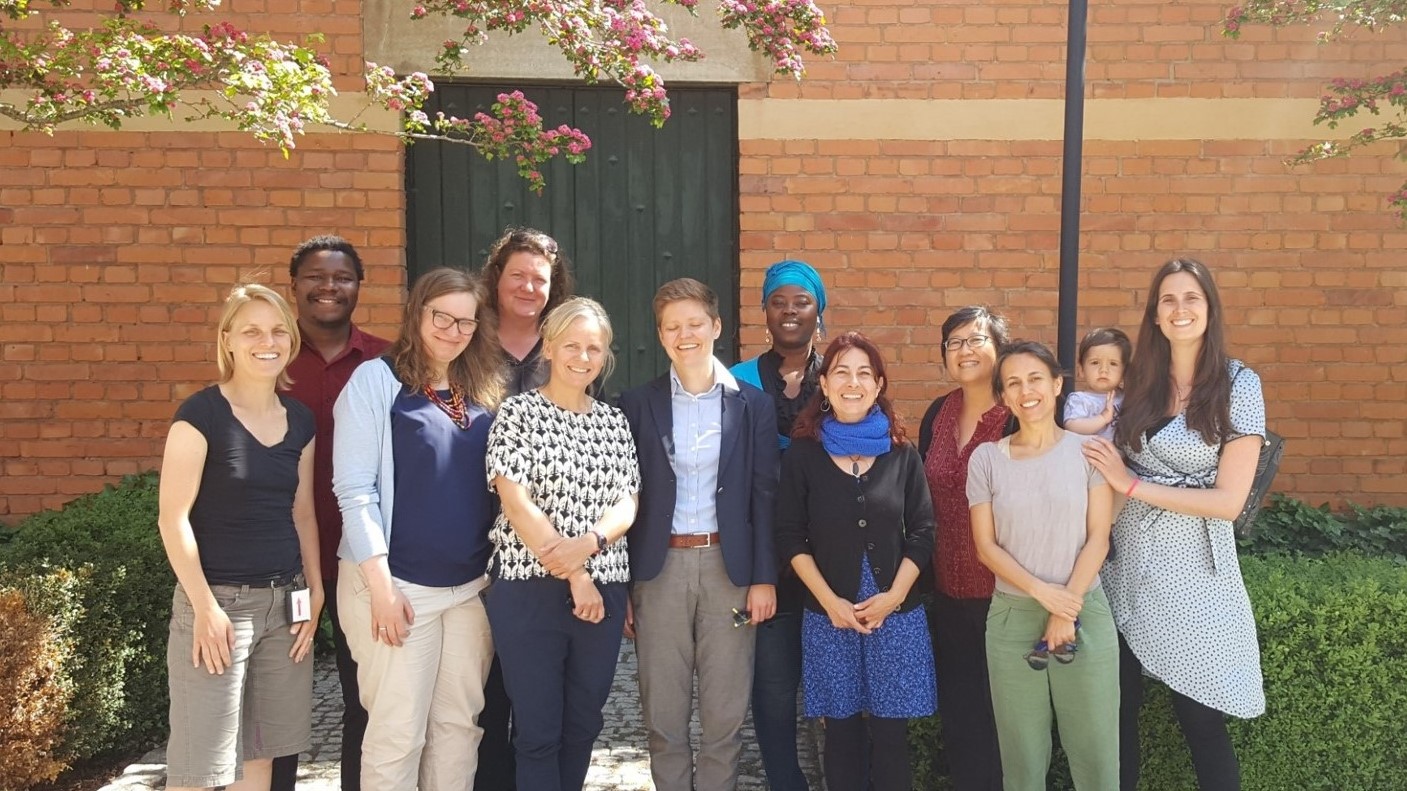Social-ecological relations and gender equality: Dynamics and processes for transformational change across scales (SEQUAL)
SEQUAL is a multi-country collaborative project of research organizations in Norway, Spain and Sweden, funded through the EU GENDER-NET Plus ERA-NET Cofund. GENDER-NET Plus is a consortium of 16 organizations from 13 EU countries, which aims at strengthening transnational collaborations and supporting gender equality through institutional change. The funding program supports research that integrates a gender dimension to address urgent societal challenges, particularly in interactions and interdependencies between the Sustainable Development Goals (SDGs) on Gender Equality (SDG 5) and one or more of the following SDGs: SDG 3 Good health and well-being, SDG 9 Infrastructure, Industrialization and Innovation, and SDG 13 Climate Action.
Addressing SDG 5 and SDG 13, the SEQUAL project investigates gender differences in participation and leadership in natural resource management and climate related policies and governance practices in Norway, Spain and Sweden. The project examines the discourses in how gender is problematized in policies at multiple levels, and carries out in-depth examination of the intersections between climate change and gender in three field-based case studies: pastoralism in a mountainous coastal region of northern Norway, shepherding and agri-food systems in the Spanish Pyrenees, and community-based conservation of dry forests in Burkina Faso.
Project objectives
Contribute to better understanding of how gender is framed and addressed within climate change and natural resource policies at different policy levels, and identify potential factors that can promote or hinder transformational change
Further our understanding of gender power relations under changing environmental conditions within case studies of natural resource management at the local level
Provide critical analyses of the gaps and linkages between international and national gender and climate policies on the one hand, and local everyday gendered practices on the other hand

